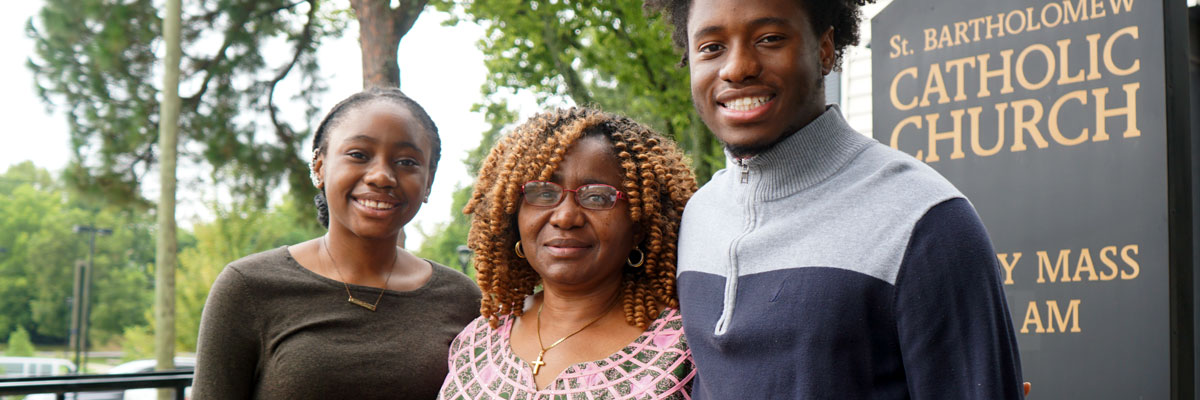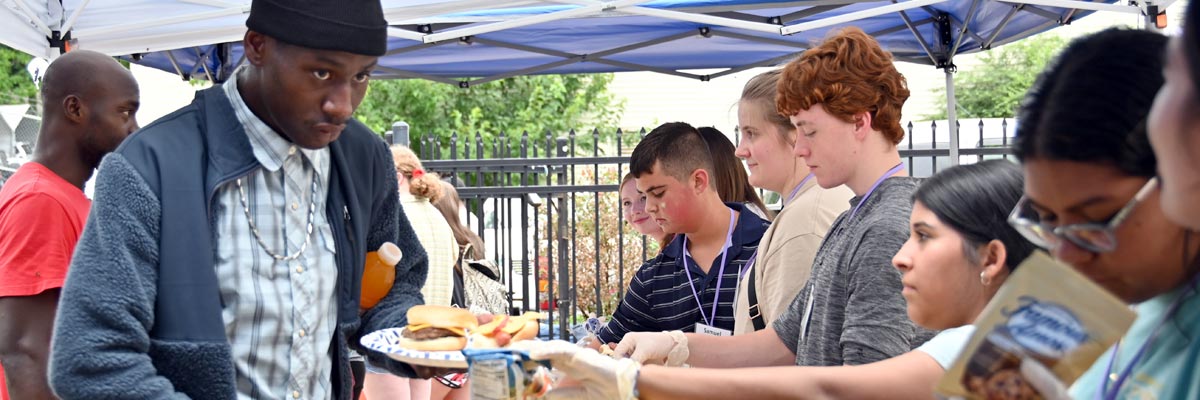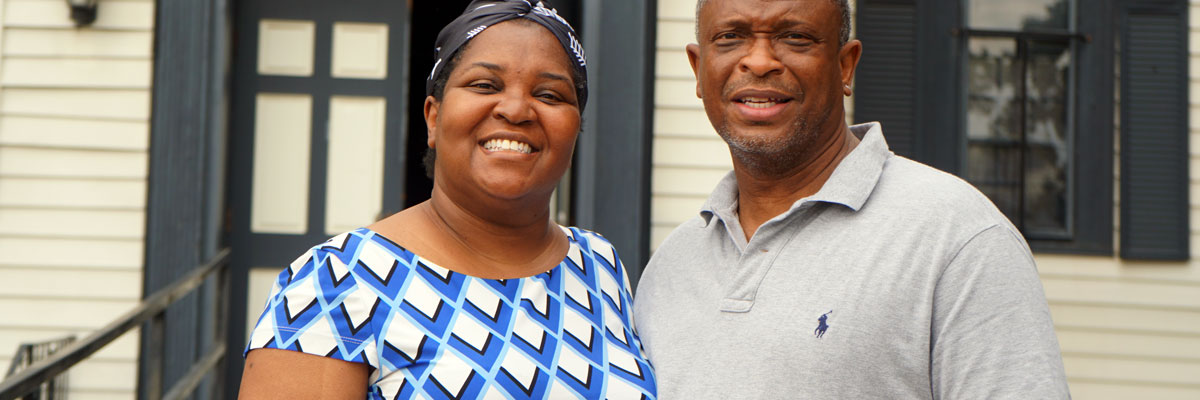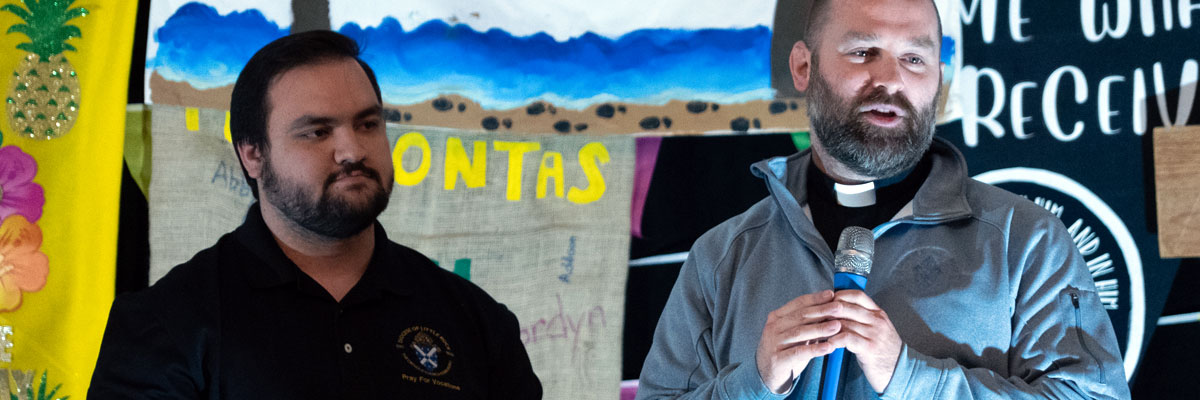Official Website of the
Catholic Diocese of Little Rock
Forming the faith a priority because it is meant to transform lives
Published: August 27, 2005
By Sandy Compas
The first communicants and their parents had made crosses, and the children were busy decorating them, while their parents, in an adjoining room, were asked, “When have you experienced the paschal mystery?”
It was an opportunity for written reflection, but only a handful began writing. When someone asked for an example, a facilitator answered, “Let me tell you about my divorce.” He described the painful soul-searching that accompanied the dissolution of a marriage, mingled with the solace of new friends, renewed activities and deepening faith.
Heads nodded. A woman spoke of sharing her mother’s journey through Alzheimer’s disease; a couple spoke of caring for a child with special needs. All connected their sense of God’s grace that enabled them to cope, with the power of Christ’s resurrection. Paschal mystery indeed!
Throughout history, the Church has demonstrated a vital commitment to handing on the Catholic faith to our children and youth. We strive to teach them to internalize the truths of our faith, to form lives of prayer and worship, and relationships of love and service within and beyond the Christian community — education and formation which will hopefully lead to transformation: of the individual, more into the image of God; and of our society, bringing about God’s reign.
Our bishops work closely with the publishers of religion textbooks to ensure that the materials are doctrinally sound; many professional religious educators have master’s degrees in the field, and dioceses have developed strong processes for catechist formation.
But the Church, in documents like “Our Hearts Were Burning Within Us,” (U.S. Conference of Catholic Bishops, 1999) calls us to make adult faith formation priority: “… to teach as Jesus did means calling and equipping all Christians of every age and stage of life to fulfill their baptismal call to holiness in family, Church and society — their mission to evangelize and transform the world into a more caring and just society. Ongoing faith formation is essential to accomplish this mission; it does not end at confirmation or graduation but continues until one’s death.” (# 44)
Since faith formation does not end our bishops offer us, in the “Leaders’ Guide to Our Hearts Were Burning Within Us,” guidance in forming teams, assessing needs, organizing balanced adult faith formation geared to the needs of each parish through liturgy, home- and family-centered activities, small and large group gatherings and individual activities.
In the Diocese of Little Rock, our permanent deacons have studied the bishops’ document. The Office of Religious Education and Christian Initiation assists parishes in forming adult faith formation teams and planning for adult faith formation in accord with the leader’s guide.
Catholic parents, as the primary educators of their children, are expected to delve into their faith when preparing their children for sacraments and assisting in faith formation.
Why this emphasis? Because faith is meant to make a tangible difference in our lives! As the bishops put it, “The adult disciple seeks the clarity and knowledge of faith, so as to find and accept it with all joy and peace in believing. (Romans 15:13) Out of this conviction comes the willingness and ability to witness to the Christian faith whenever possible, to explain it whenever necessary, and to be confidently guided by it always.” (“Our Hearts Were Burning Within Us,” 58)
Sandy Compas is associate director for the diocese’s Office of Religious Education and Christian Initiation.









